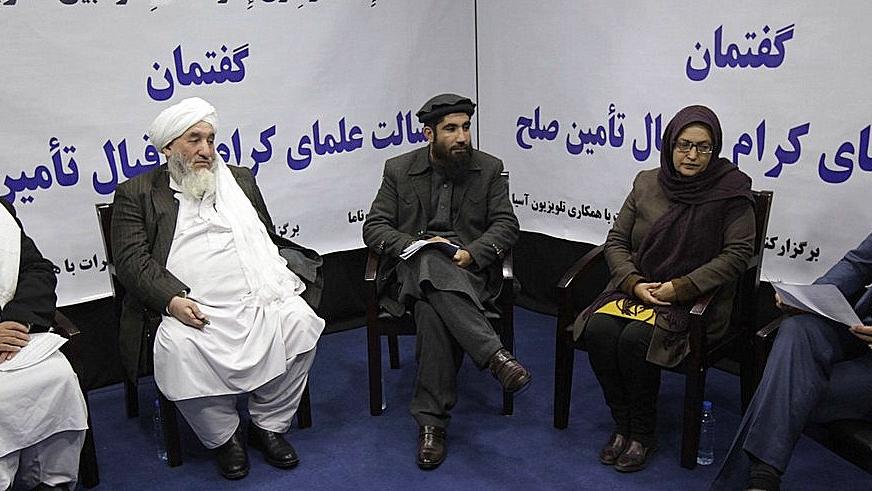HERAT - Addressing residents of Herat in a series of televised UN events, religious scholars emphasized the critical importance of institutionalizing the principles of peace at all levels of provincial society, from the social to the political.
“Violence is prohibited in our religion, and those who using it under the name of Islam must face the consequences,” said Faqir Ahmad Faqiri, the officer-in-charge of Herat’s mosques in the Department of Hajj and Religious Affairs, speaking at one of the events. “Islam teaches us that the path to improving our lives and our country is peace.”
The televised events were organized by the regional office of the UN Assistance Mission in Afghanistan (UNAMA) along with Herat’s Provincial Peace Council and Department of Religious Affairs. The events, held during the final two months of 2016, brought some 60 religious scholars together on three separate occasions in the city of Herat, the third largest city in Afghanistan and capital of the mostly rural western province that borders Iran and Turkmenistan.
At each of the three televised events, the religious scholars fielded questions from the studio audiences and exchanged views about how to address violence most effectively.
They called upon all parties to the conflict to put an end to violence and embrace peace.
Afghanistan’s religious scholars, known as Ulema, play a critically important role in setting moral and ethical standards for their communities, and work as respected leaders at all levels of Afghan society to exert their influence. The televised events, broadcast by Asia TV, reached an audience estimated at several hundred thousand.
UNAMA is mandated to support the Afghan Government and the people of Afghanistan as a political mission that provides 'good offices' ' among other key services. 'Good offices' are diplomatic steps UN takes publicly and in private, drawing on its independence, impartiality and integrity, to prevent international disputes from arising, escalating or spreading.
UNAMA also promotes coherent development support by the international community; assists the process of peace and reconciliation; monitors and promotes human rights and the protection of civilians in armed conflict; promotes good governance; and encourages regional cooperation.






